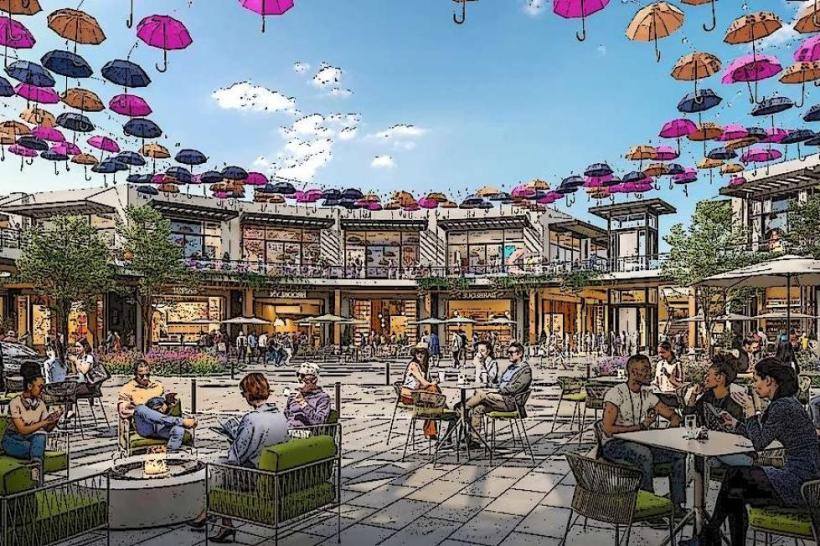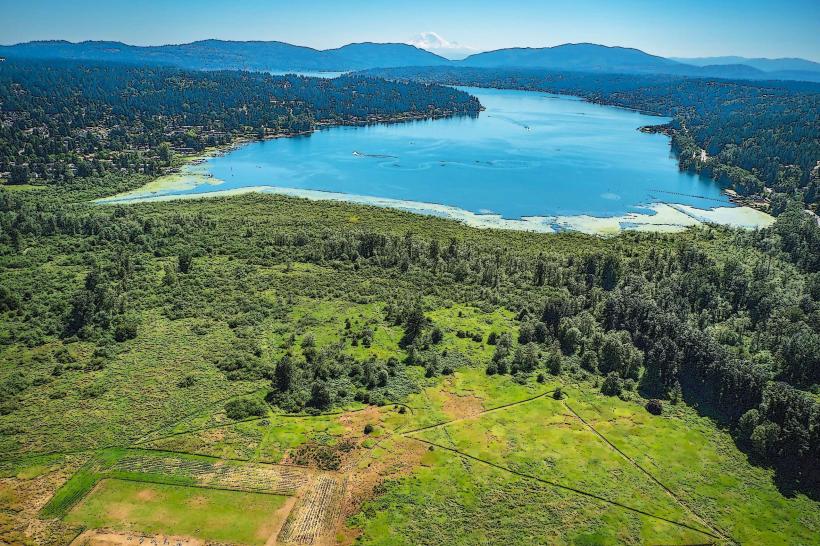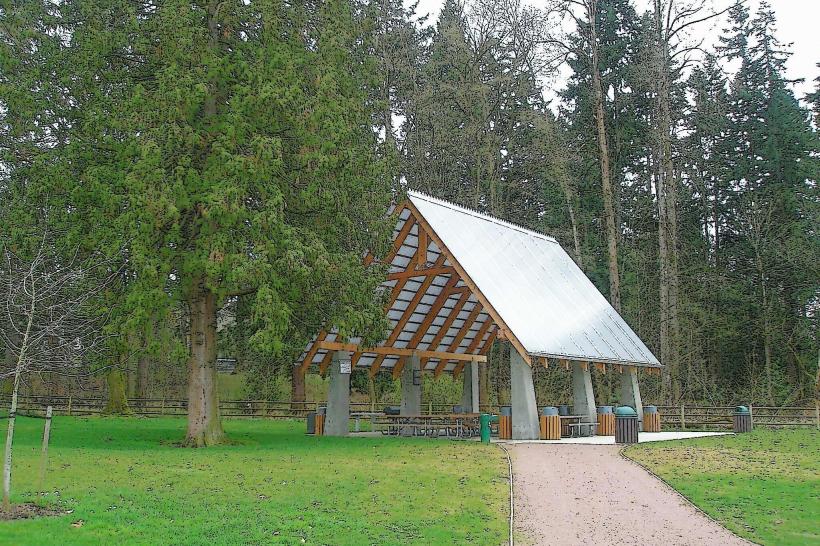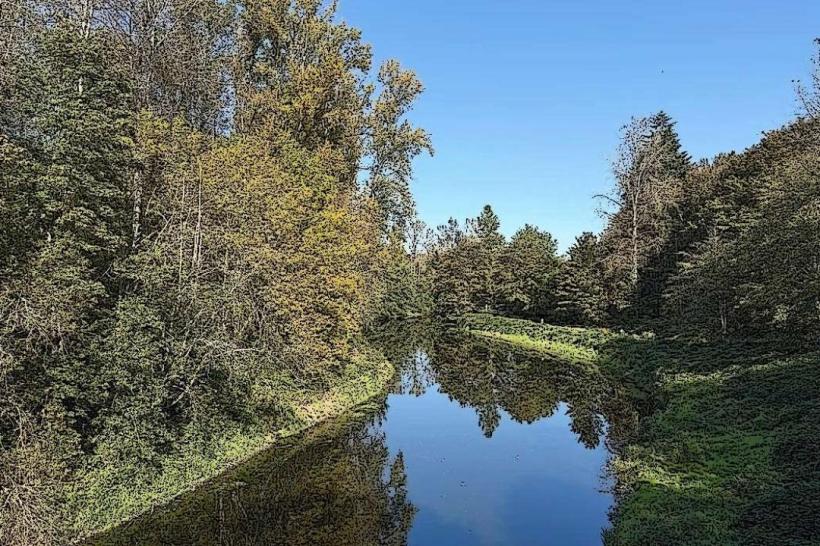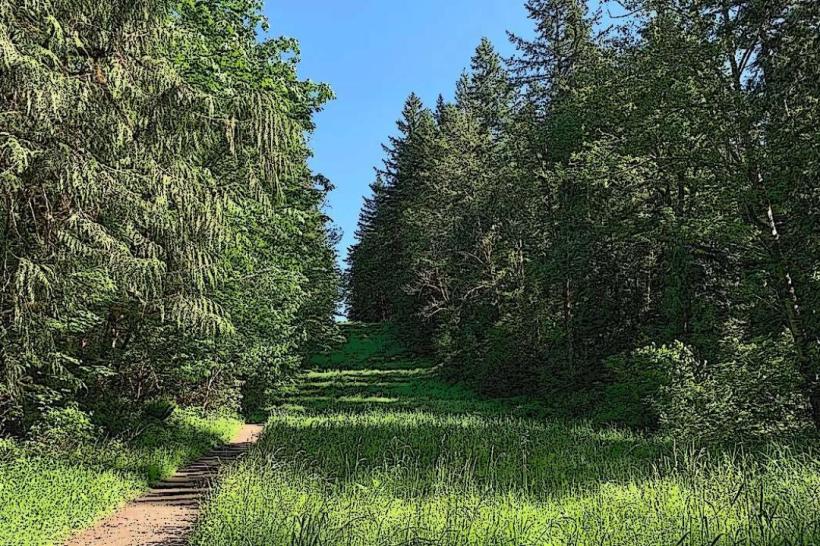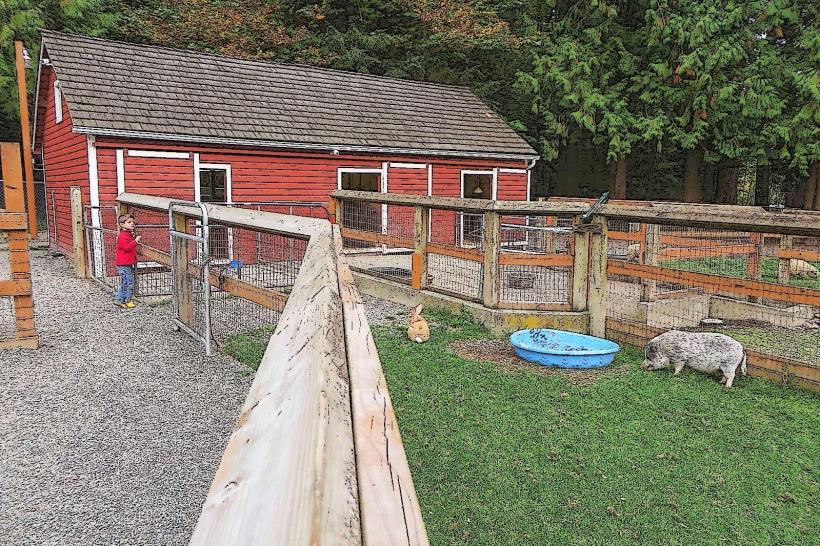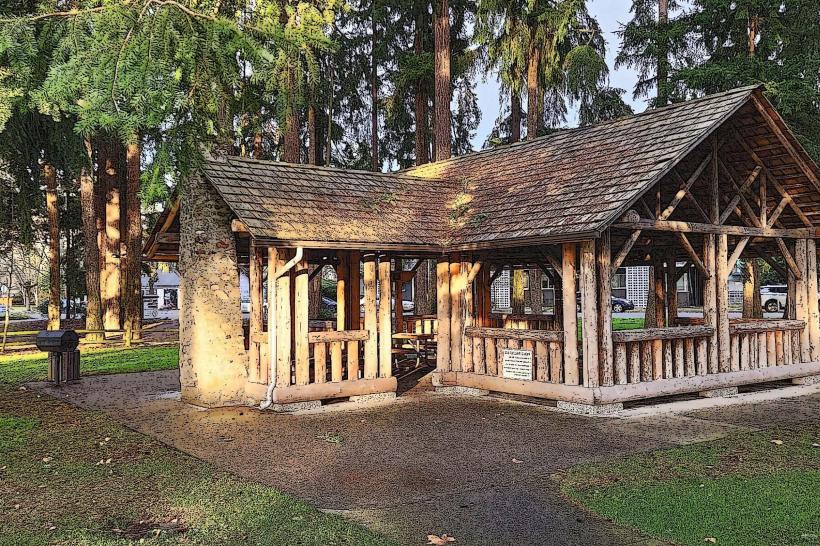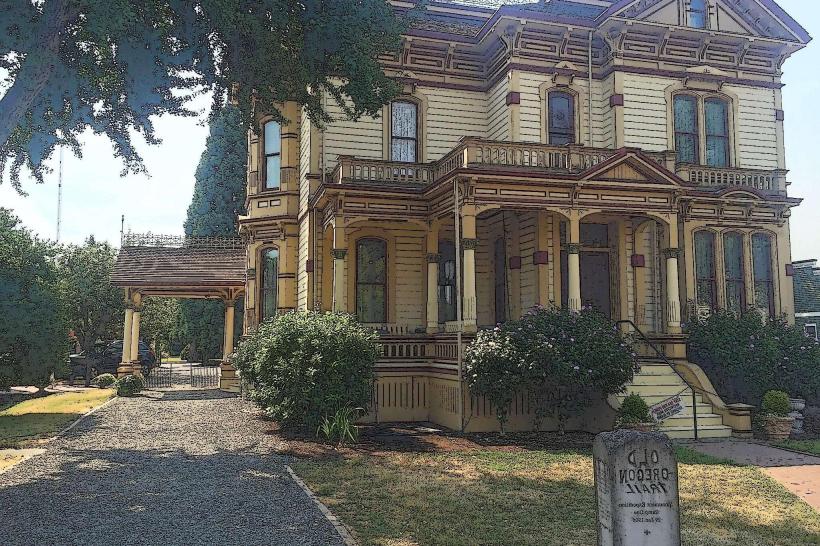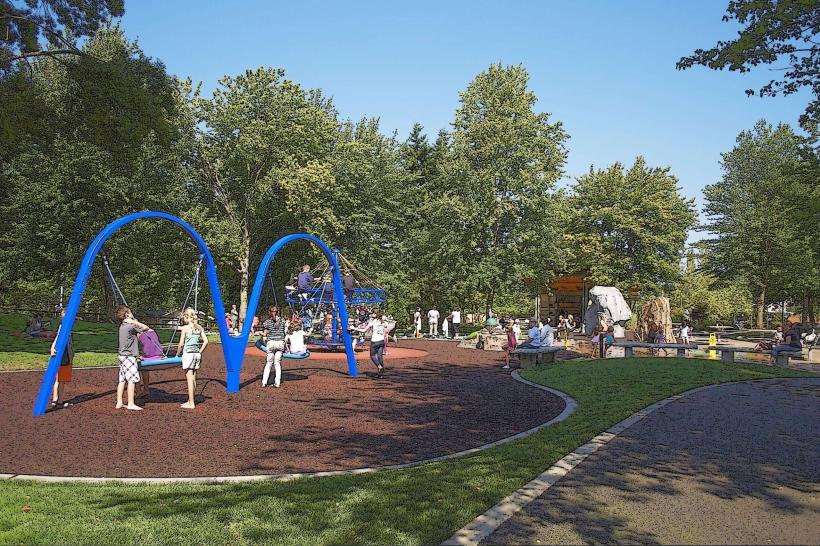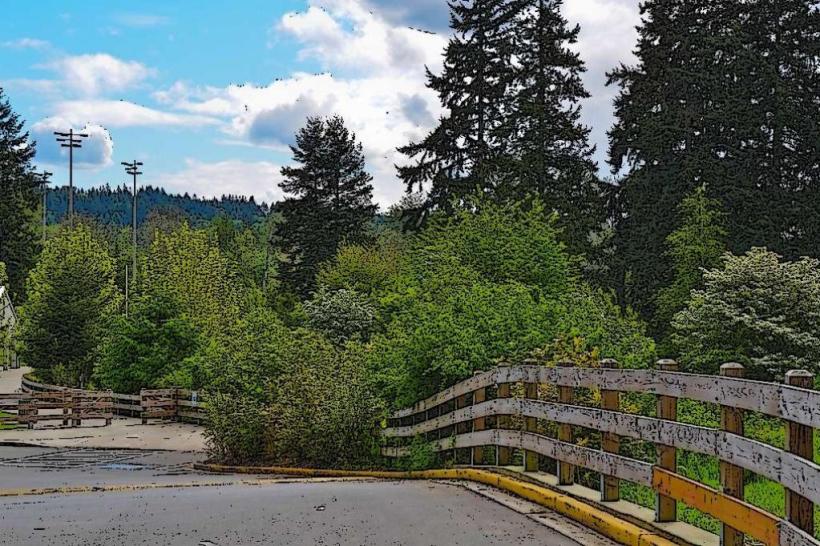Information
City: RedmondCountry: USA Washington
Continent: North America
Redmond, USA Washington, North America
Redmond is an independent city in King County, located 25 km east of Seattle. It is globally recognized as the headquarters of Microsoft and Nintendo of America, serving as a premier center for software engineering, interactive media, and aerospace technology.
Historical Timeline
Inhabited by the Coast Salish peoples (Sammamish tribe), the area was settled by Europeans in the 1870s and originally named Salmonberg. Primary governance eras include its early 20th-century status as a logging and fishing center and its 1963 transformation following the completion of the Evergreen Point Floating Bridge. A critical historical event was the 1986 relocation of Microsoft’s headquarters from Bellevue to Redmond, which triggered a global technology boom. The 21st century has been characterized by the massive expansion of the SpaceX Starlink facility and the arrival of Amazon’s satellite division (Project Kuiper).
Demographics & Population
The population is approximately 77,000. The demographics are White (48%), Asian (40%), Hispanic or Latino (7%), and Black or African American (2%). The median household income exceeds $145,000. It has an exceptionally high concentration of residents with advanced degrees in STEM fields.
Urban Layout & Key Districts
The city is organized around a revitalized urban core and sprawling corporate campuses.
Downtown: A high-density residential and retail district featuring Redmond Town Center and the Central Meadow.
Overlake: The sprawling primary campus of Microsoft and a major transit-oriented development hub.
Marymoor District: A recreational and industrial transition zone adjacent to the city's largest park.
Education Hill: A prominent residential district known for its views and proximity to highly-rated public schools.
Grass Lawn: A suburban residential area characterized by high-end housing and the presence of tech executive estates.
Top City Landmarks
Microsoft Visitors Center: A public-facing facility showcasing the history and future of computing.
Marymoor Park: A 640-acre regional park featuring a velodrome, a major concert venue, and a 40-acre off-leash dog area.
Redmond Town Center: An open-air lifestyle center with over 100 retail stores and restaurants.
Sammamish River Trail: A 17-km paved trail popular for cycling and commuting to Seattle/Woodinville.
Nintendo of America Headquarters: A distinctive corporate landmark in the Overlake district (private access only).
Derby Canyon: A scenic hiking area in the city's northwestern periphery.
Transportation Network
Movement is serviced by King County Metro and Sound Transit. The 2 Line (East Link Light Rail) expansion connects the Overlake and Downtown districts to Bellevue and Seattle. The city is bisected by SR-520 and WA-202. It is served by Seattle-Tacoma International Airport (SEA). Ride-sharing is universal. Traffic density is extreme on the SR-520 corridor during morning and evening "tech-commute" hours.
Safety & "Red Zones"
The general safety level is very high. Crime rates are among the lowest in Washington for cities of its size. Property crime, specifically "car prowls" in park-and-ride lots and "package theft" in high-density apartment complexes, is the primary issue. There are no designated "red zones." Common scams involve fraudulent "H-1B visa" consulting services targeting international tech workers.
Digital & Financial Infrastructure
Internet speeds are among the highest in the U.S., averaging 1 Gbps with widespread fiber availability via Quantum Fiber and Ziply. Main mobile carriers are T-Mobile, Verizon, and AT&T. Card acceptance is universal; most establishments within the tech corridors are cashless. ATMs are concentrated in Downtown and Redmond Town Center.
Climate & Air Quality
Temperatures range from 2°C to 8°C in winter and 14°C to 26°C in summer. Characterized by high humidity and frequent overcast. Air quality is consistently high, though vulnerable to seasonal wildfire smoke. Specific weather risks include "Micro-burst" wind events that can cause localized tree fall in residential neighborhoods.
Culture & Social Norms
The standard tipping percentage is 20–25%. A handshake is the standard greeting. Dress codes are "Tech-Casual" (hoodies and technical outdoor gear are standard even in professional settings). The city is culturally defined by its "Bicycle Capital of the Northwest" identity and a high-performance, work-centric social atmosphere.
Accommodation Zones
Downtown / Redmond Town Center: Recommended for luxury boutique hotels and walkable access to high-end dining.
Overlake: Recommended for business travelers needing immediate proximity to the Microsoft campus.
Local Cost Index
1 Espresso: $5.75 (USD)
1 Standard Lunch: $24.00 (USD)
1 Light Rail Fare: $2.25–$3.50 (Variable).
Nearby Day Trips
Snoqualmie Falls: (20 km southeast).
Woodinville Wine Country: (8 km north).
Mount Si (Hiking): (30 km east).
Seattle (Space Needle): (25 km west).
Facts & Legends
Redmond is the only city in the U.S. to host the headquarters of both a major software giant (Microsoft) and a major video game manufacturer (Nintendo) in the same district. Historically, it was the site of the first regional bicycle race in the Northwest (1939). A local legend involves the "Microsoft Time Capsule," rumored to be buried beneath one of the original buildings on the campus, containing a prototype of the first Windows operating system. Another legend concerns the "Secret Rabbit Colonies" of Marymoor Park, rumored to be descendants of escaped pets from the early 20th century.

